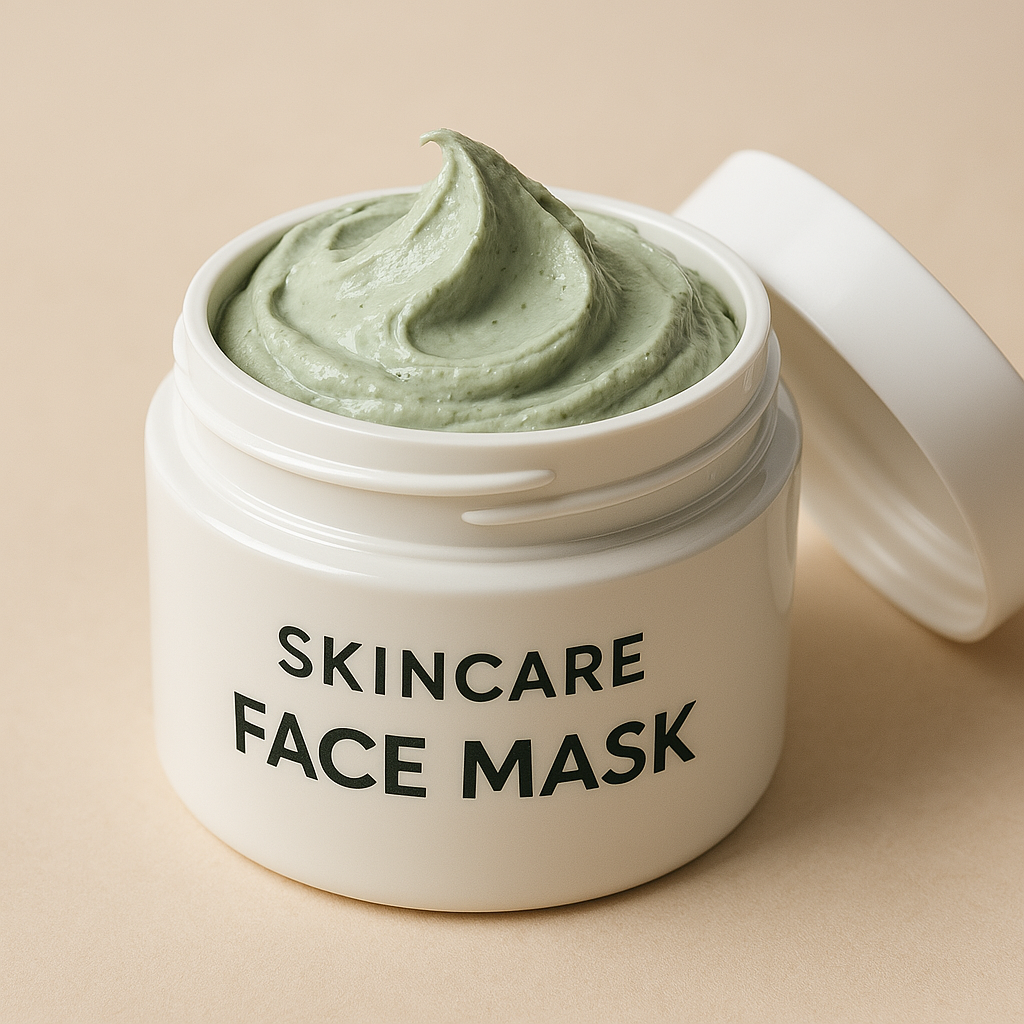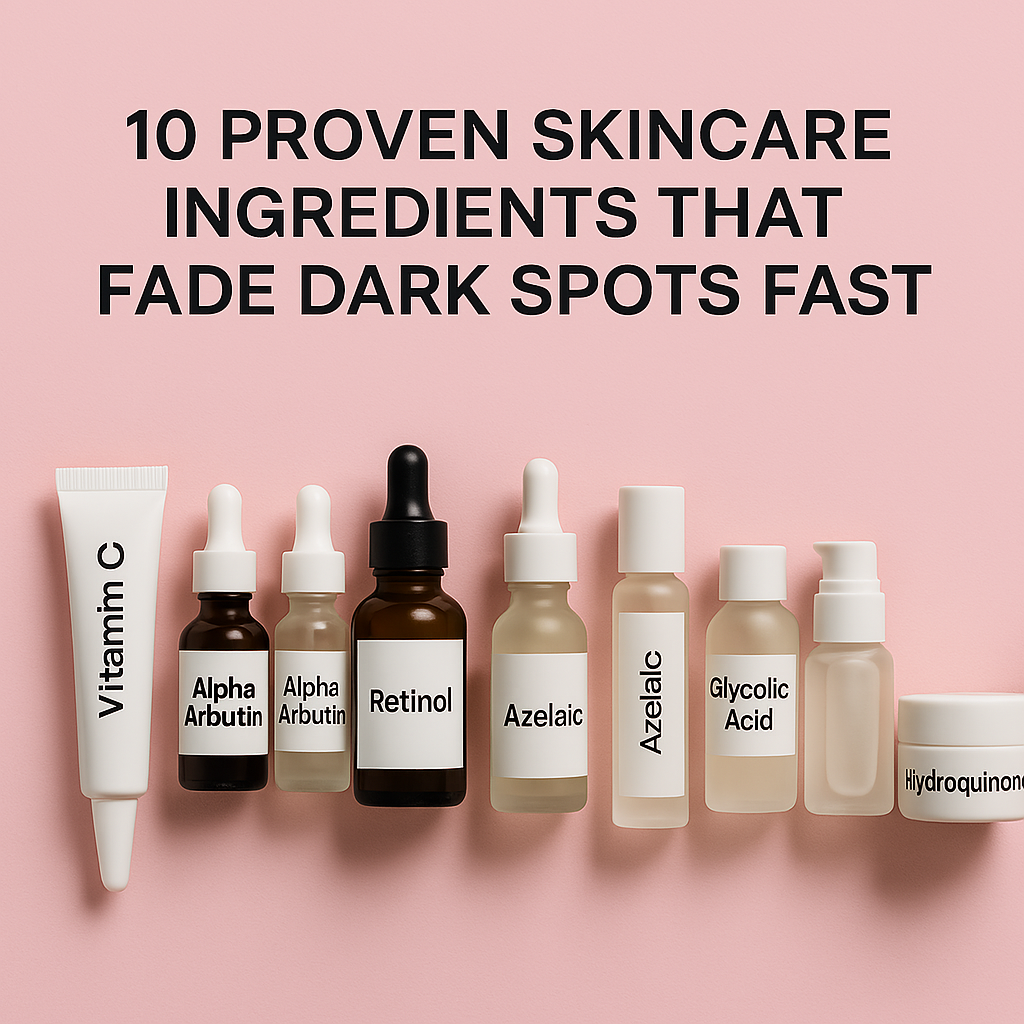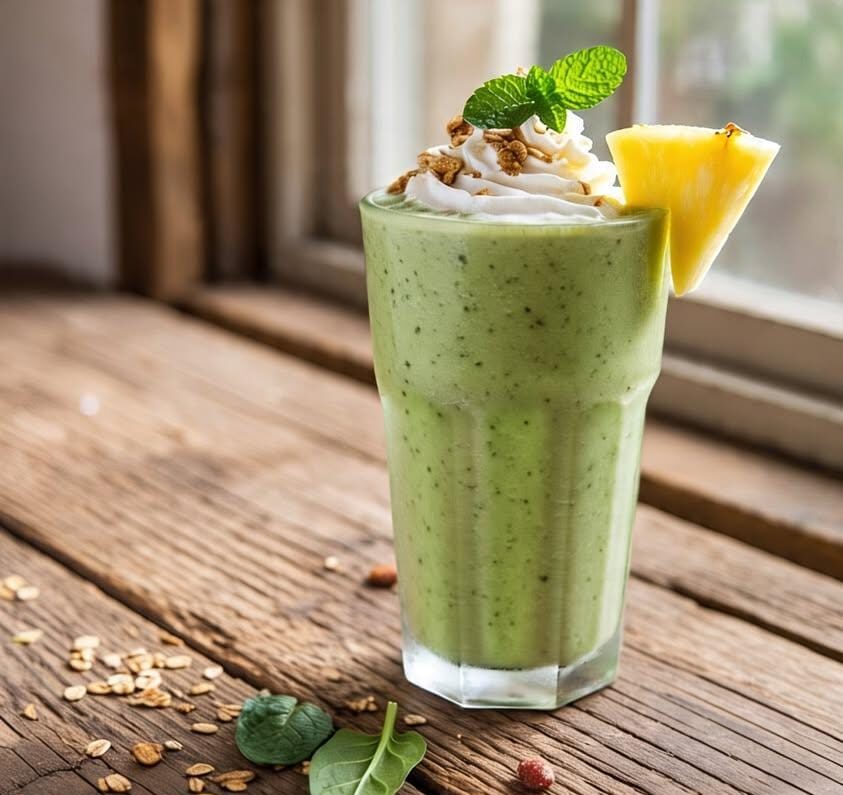Face masks are a luxurious and effective addition to any skincare routine, offering an instant boost to the complexion and targeting specific skin concerns. But with so many options available, how do you know which face mask is right for your skin type? Selecting the right mask can be a game-changer for your skin, helping to address issues such as dryness, acne, and dullness. In this blog, we’ll break down the best face mask choices for each skin type, so you can make an informed decision and treat your skin to the perfect pampering experience.
Understanding Your Skin Type
Before diving into the different types of face masks, it’s essential to know your skin type. Understanding whether you have oily, dry, combination, sensitive, or acne-prone skin will help you choose the most suitable products for your skincare needs.
Here’s a quick breakdown of the most common skin types:
- Oily Skin: Characterized by a shiny appearance, enlarged pores, and an excess of sebum (oil) production.
- Dry Skin: Feels tight, flaky, or rough with a dull appearance and may show signs of redness or irritation.
- Combination Skin: A mix of oily and dry areas, typically with an oily T-zone (forehead, nose, and chin) and dry or normal cheeks.
- Sensitive Skin: Prone to redness, irritation, itching, and reactions to certain products or environmental factors.
- Acne-Prone Skin: Frequently breaks out with pimples, blackheads, or cysts due to clogged pores or bacteria buildup.
Once you have a good understanding of your skin type, you can choose the best mask that will target your specific concerns.
Best Face Masks for Oily Skin
If you have oily skin, you likely struggle with excess shine and clogged pores. The goal with oily skin is to balance sebum production and clear out impurities while not stripping the skin of its essential moisture.
Recommended Masks:
- Clay Masks: Clay is known for its ability to absorb excess oil and detoxify the skin. A good clay mask (like bentonite or kaolin) will draw out impurities and minimize pores, leaving your skin feeling fresh and matte. These masks are especially great for tackling acne and preventing breakouts.Ingredients to Look for: Kaolin clay, bentonite clay, charcoal, salicylic acid, tea tree oil.
- Charcoal Masks: Charcoal is another excellent ingredient for oily skin, as it draws out dirt, oil, and toxins from deep within the pores. Charcoal masks help to purify the skin and leave it feeling deeply cleansed.Ingredients to Look for: Activated charcoal, clay, salicylic acid, witch hazel.
- Exfoliating Masks: A gentle exfoliating mask with AHA or BHA can help unclog pores and prevent blackheads and whiteheads, a common issue for those with oily skin.Ingredients to Look for: Glycolic acid, salicylic acid, lactic acid.
Best Face Masks for Dry Skin
Dry skin requires hydration and moisture to maintain a healthy, supple look. Face masks designed for dry skin should focus on replenishing lost moisture and locking it in.
Recommended Masks:
- Hydrating Masks: These masks are rich in ingredients that help restore moisture and nourish dry skin. They typically contain humectants, which draw moisture from the air into your skin, leaving your face plump and dewy.Ingredients to Look for: Hyaluronic acid, glycerin, aloe vera, honey, ceramides.
- Sheet Masks: These masks are saturated with serums packed with hydrating ingredients, making them ideal for dry skin. Sheet masks are easy to use and deliver immediate hydration, soothing and revitalizing the skin.Ingredients to Look for: Aloe vera, hyaluronic acid, vitamin E, plant extracts.
- Overnight Masks: If your skin is extremely dry, an overnight mask can provide long-lasting hydration while you sleep. These masks are typically richer and more nourishing, helping to restore the skin’s moisture balance.Ingredients to Look for: Avocado oil, shea butter, jojoba oil, honey.
Best Face Masks for Combination Skin
Combination skin can be tricky to care for, as you may have an oily T-zone and dry or normal cheeks. The key to choosing a face mask for combination skin is to find one that balances both oily and dry areas.
Recommended Masks:
- Multi-Masking: Multi-masking is the practice of using different masks on different areas of your face to address specific concerns. For example, you can use a clay mask on the T-zone and a hydrating mask on your cheeks.Ingredients to Look for: A combination of hydrating ingredients (like hyaluronic acid or aloe) and oil-absorbing ingredients (like clay or charcoal).
- Gel Masks: Gel masks are lightweight and provide hydration without being too heavy. They are excellent for combination skin, as they hydrate the skin without adding excess oil or clogging pores.Ingredients to Look for: Aloe vera, cucumber extract, hyaluronic acid, green tea extract.
Best Face Masks for Sensitive Skin
Sensitive skin can react to various skincare products, leading to redness, irritation, or inflammation. When selecting a face mask for sensitive skin, it’s important to choose calming and soothing options that won’t cause a flare-up.
Recommended Masks:
- Soothing Masks: Soothing masks can calm irritated or red skin and provide relief. Look for masks that include anti-inflammatory ingredients to reduce discomfort and enhance the skin’s barrier function.Ingredients to Look for: Chamomile, calendula, oat extract, aloe vera, rose water.
- Cream Masks: Cream-based masks are gentle and often contain moisturizing ingredients that help soothe and restore balance to sensitive skin.Ingredients to Look for: Shea butter, honey, ceramides, vitamin E, oatmeal.
- Sheet Masks: As long as they are formulated for sensitive skin, sheet masks can be an excellent option for providing a quick dose of hydration and calming your skin.Ingredients to Look for: Aloe vera, cucumber, chamomile, rose water.
Best Face Masks for Acne-Prone Skin
Acne-prone skin requires masks that target clogged pores and reduce inflammation without causing further breakouts. The goal is to keep the skin clear, balanced, and free from excess oil.
Recommended Masks:
- Clay and Charcoal Masks: Both clay and charcoal masks are fantastic for acne-prone skin as they help detoxify the skin and absorb excess oil, reducing the risk of clogged pores.Ingredients to Look for: Kaolin clay, bentonite clay, activated charcoal, salicylic acid, tea tree oil.
- Exfoliating Masks: Gentle exfoliating masks with BHA or AHA can help remove dead skin cells and prevent breakouts. Exfoliation also helps reduce the appearance of acne scars.Ingredients to Look for: Salicylic acid, glycolic acid, tea tree oil, lactic acid.
- Anti-Inflammatory Masks: Acne-prone skin often experiences inflammation, so masks with anti-inflammatory ingredients can calm the skin and reduce redness associated with breakouts.Ingredients to Look for: Aloe vera, chamomile, green tea extract, turmeric.
Conclusion: Find the Perfect Mask for Your Skin
Choosing the right face mask for your skin type is crucial to achieving healthy, clear, and radiant skin. Whether you need a deep-cleansing clay mask, a hydrating sheet mask, or a soothing cream mask, there’s a mask out there to address your unique needs. The key is to pay attention to your skin’s individual requirements and select a mask that targets your specific concerns. By incorporating the right mask into your skincare routine, you’ll be giving your skin the extra care and attention it deserves—helping you achieve glowing, beautiful skin all year round.





